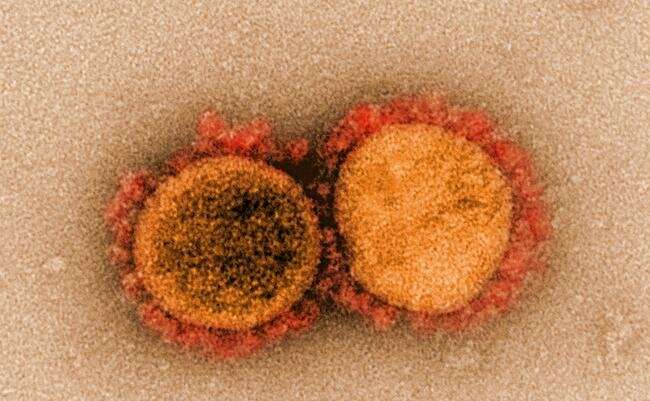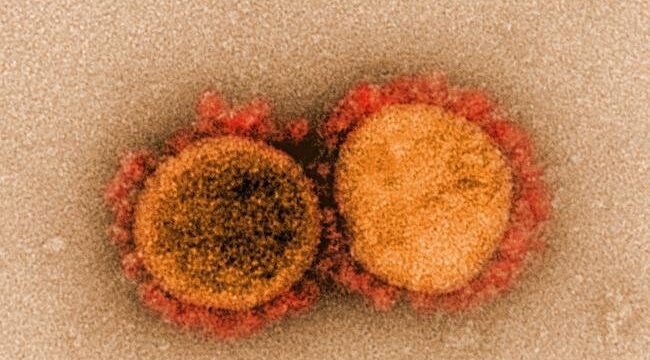
In January 2022, the U.S. shifted its guidelines to recommend isolation of five days from COVID-19 symptom onset, followed by an additional five days of mask wearing. However, the progression of the infection as well as the impact of the different variants and vaccinations on when a person is no longer infectious (culture conversion) has been largely unknown.
To examine the infectious periods in vaccinated individuals infected with the SARS-CoV-2 Omicron and Delta variants, researchers from Boston University School of Medicine (BUSM) collected daily anterior nasal swabs for at least 10 days from a group of college students and staff for reverse transcription-polymerase chain reaction (RT-PCR) test and culture and with antigen rapid diagnostic testing (RDT) on a subset of individuals.
They found that in the majority of young, healthy and vaccinated adults, the infectious period for SARS-CoV-2 is limited, with only 17 percent remaining positive beyond five days.
“As isolation can have a significant impact on both the economy of a country and the mental health of its citizens, it is imperative to make efforts to reduce isolation periods while simultaneously preventing infectious individuals from spreading the disease,” explains corresponding author Tara Bouton, MD, MPH, assistant professor of medicine at BUSM.
The researchers recruited participants from a campus which had a multi-faceted surveillance testing and COVID-19 control program. They then compared infection with Omicron versus Delta, the vaccination and booster status of the infected individual and the difference from test date and symptom onset date on detectable virus and culture positivity.
They also found there was no difference in time to culture conversion by variant or vaccination status. Among participants in the subset who used an antigen RDT in days five through seven following SARS-CoV-2 diagnosis, RDT had perfect negative predictive value and sensitivity when compared to culture.
The researchers say the study provides further support to the guidelines for strict masking beyond the initial five-day isolation period for SARS-CoV-2 infections to help prevent transmission from the minority of cases who remain culture positive. “We believe that rapid antigen testing may provide reassurance of lack of infectiousness, though masking for a full 10 days is necessary to prevent transmission from the 17 percent of individuals who remain culture positive after isolation,” said Bouton, who also is an infectious disease physician at Boston Medical Center.
Source: Read Full Article
